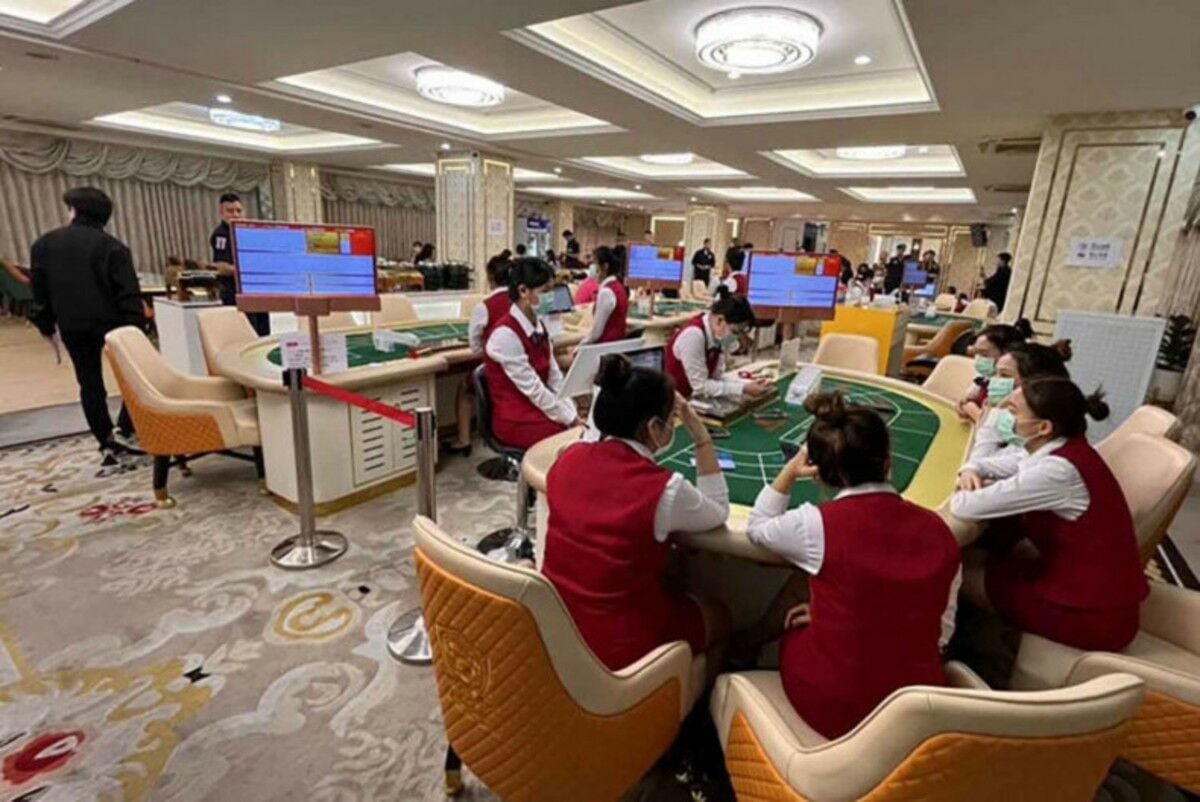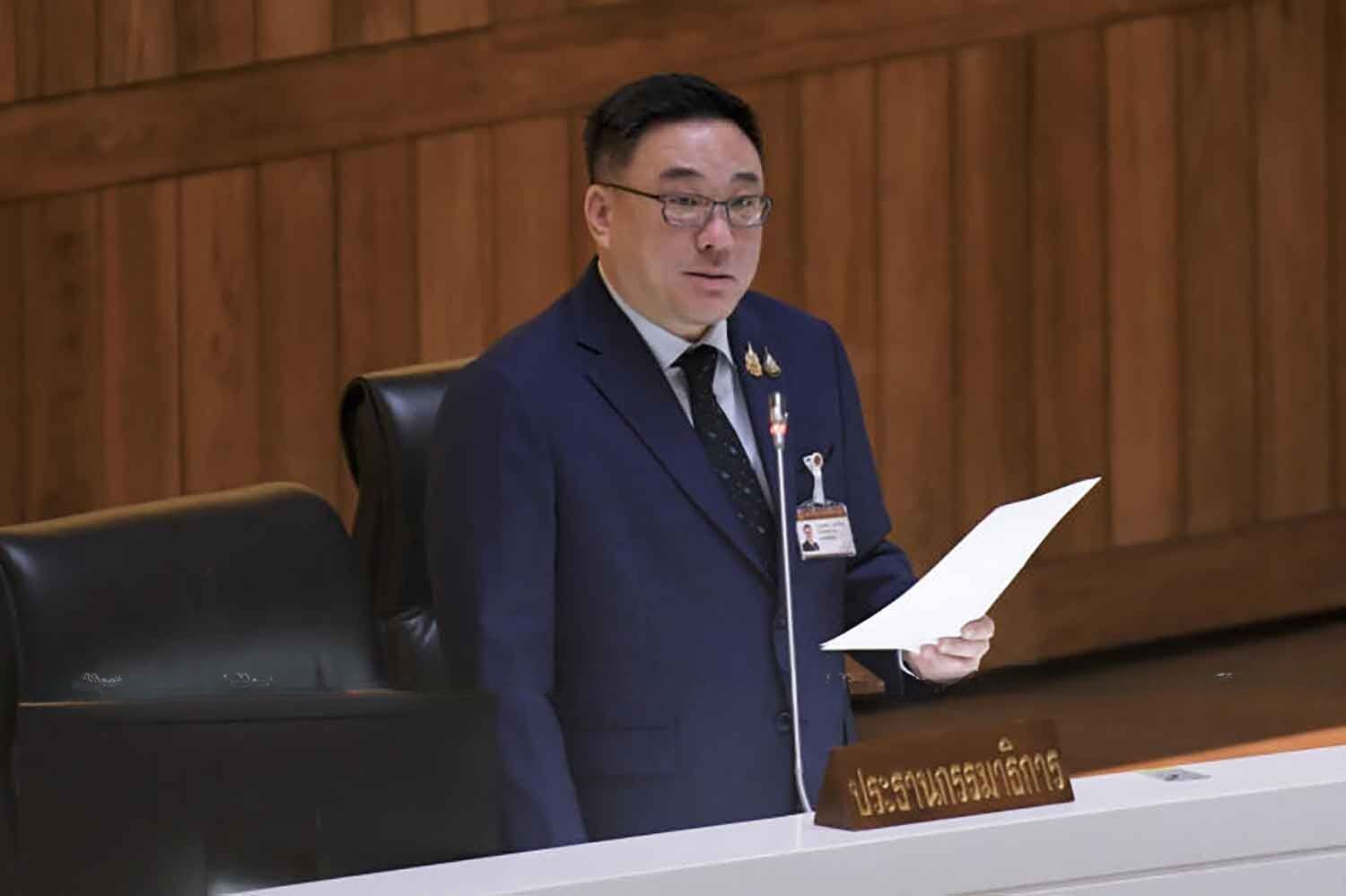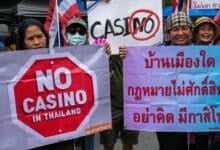Thai government to choose sites for casino complexes

The Thai government is set to centrally determine the locations for proposed casino-entertainment complexes, a move aimed at ensuring fair competition among prospective investors, according to Deputy Finance Minister Julapun Amornvivat. The initiative hinges on the passage of a bill legalising gambling, which is currently under consideration.
“If the locations are chosen by the government, this will allow investors to compete fairly in the bidding. This will prevent the bid specifications or conditions from being designed or fixed to favour a particular bidder.”
Julapun acknowledged the interests of some investors who may wish to utilise their own land for the development of these complexes. However, the government is keen on maintaining an unbiased process by overseeing the selection of sites.
A dedicated government committee is tasked with deciding the number of casino complexes to be established. Once this is settled, the proposal will be submitted to the Cabinet for approval, adhering to the stipulations of the current bill draft.
“The project will be a game changer as it will help boost tourism with tourist spending expected to increase.”
The deputy finance minister highlighted that an investment of at least 100 billion baht is necessary for developing each complex. The project is expected to invigorate the economy, with construction anticipated to span three to four years, potentially raising the GDP by 0.2% annually during this period. Post-launch, the complexes are projected to contribute a 0.7% increase to the GDP.
Research conducted by the Fiscal Policy Office suggests that these complexes could enhance foreign tourist numbers by 5 to 20%, raising the average expenditure per visitor to 60,000 baht from the current figure of 40,000 baht.

The government is advancing with the legislative process to legalise and establish entertainment complexes that incorporate casinos. A public consultation on the bill was finalised in August, with plans to present the gathered feedback and the bill to the cabinet by the end of the year.
The bill, consisting of 65 sections, mandates that entertainment complexes obtain a licence valid for up to 30 years. The licence acquisition involves a registration fee of 5 billion baht and an annual fee of 1 billion baht. Every five years, the complexes will undergo assessments, and post the initial 30-year period, the licence can be renewed for an additional decade.
Restrictions apply to patrons, with individuals under 20 years old barred from entry. While foreigners can access these venues freely, Thai nationals are required to pay a 5,000 baht entrance fee.
The bill includes the formation of a policy board, chaired by the prime minister, to establish and oversee regulations governing the gaming complexes.
Potential locations for these complexes include five venues: two in Bangkok, and one each in the Eastern Economic Corridor (EEC), Chiang Mai, and Phuket.

Julapun previously indicated that discussions would be held with coalition partners to garner support for the casino-entertainment complex initiative, which is a part of the Pheu Thai-led government’s policy agenda, as outlined by Premier Paetongtarn Shinawatra in Parliament on September 12.
Bhumjaithai leader Anutin Charnvirakul previously emphasised the necessity of coalition dialogue regarding the casino proposal before its presentation to the Cabinet, reported Bangkok Post.
Latest Thailand News
Follow The Thaiger on Google News:


























